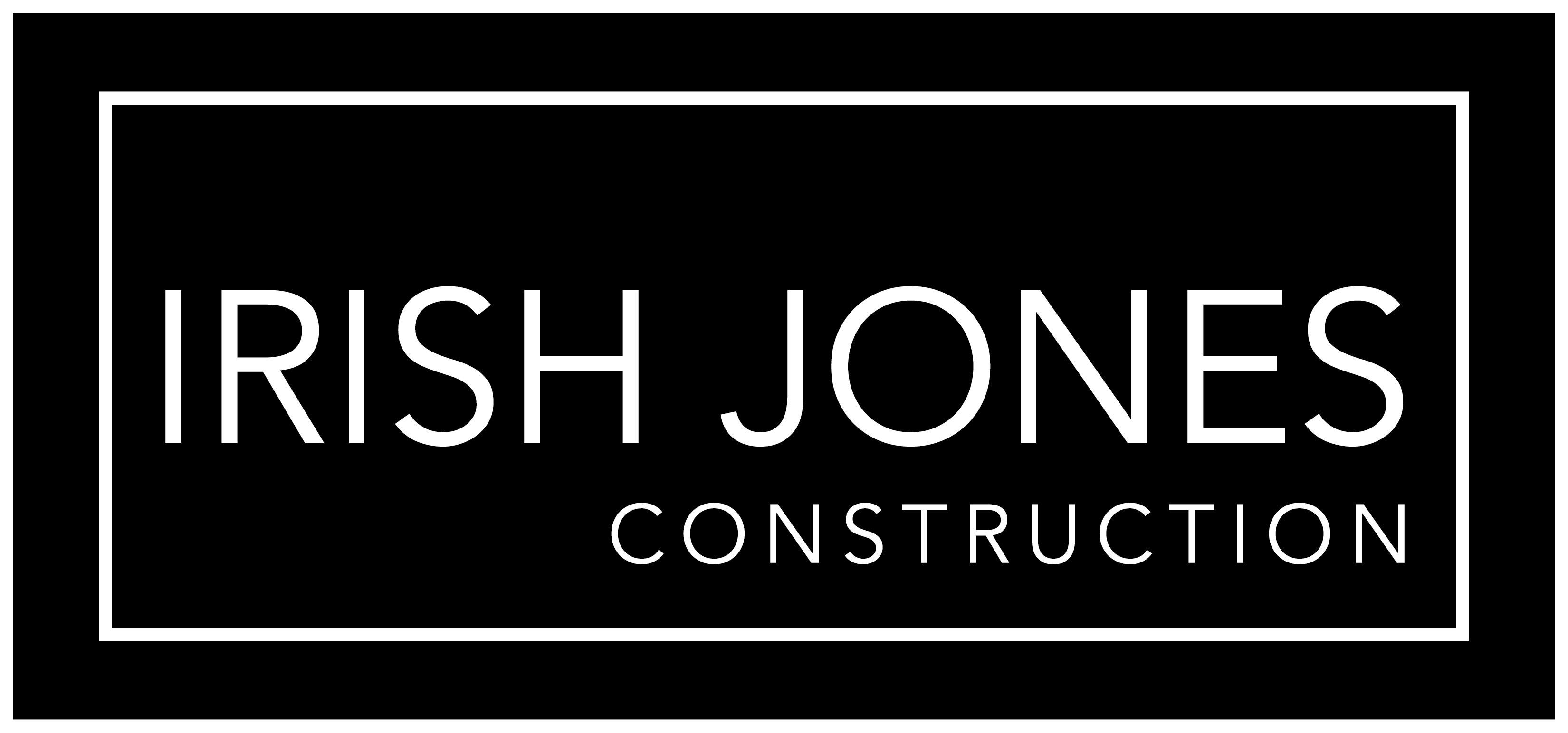


When renovating a kitchen, you may consider various options for your countertop materials. There’s granite, quartz, stainless steel and even marble. But epoxy may not immediately come to mind. The refinishing product is made by mixing a hardener and resin and homeowners can choose to pour a coating over an existing countertop to cover burn marks or stains and breathe new life into the old surface. However, it’s important to understand the pros and cons of epoxy before making a major design decision and purchase.
When epoxy hardens, it is nearly impossible to break and can withstand regular impact and pressure without splitting, splintering, or cracking. Because it is non-porous, epoxy also does not absorb liquids like water – making it highly resistant to spills and moisture exposure.
If you like a super polished and glossy finish, then epoxy is for you! The resin provides a long-lasting shine. And unlike varnishes and other types of coatings, you don’t need to continually reapply the material when it starts to dull.
You can use almost any cleaning product without ever damaging the epoxy. The non-porous surface is also resistant to mold and bacteria growth.
Compared to natural materials like wood or stone, epoxy resin can easily be formed to fit any shape or configuration you need. It is the only type of countertop that can offer a genuinely seamless surface for continuous color and pattern. Essentially any design you can think of can be created.
Though extremely durable and easy to clean, epoxy is susceptible to staining if exposed to a spill for an extended period of time. It is also easily scratched by sharp knives and other cooking equipment.
Epoxy resin is technically heat resistant, but only up to a point. Low to moderate levels of heat won’t damage the surface, but if left for too long or exposed to extreme temperatures, epoxy can begin to melt and burn.
Though epoxy kits may claim easy installation, it is actually a very involved process. You will need to thoroughly prep the surface, which often requires sanding to remove any existing stains. Plus, the process is delicate and even small mistakes can result in air bubbles and lumps. There’s also the “self-leveling” aspect of most epoxies. This means it will race towards the edges and drip off, making a mess of your work area.
And on top of all of that, you only have one chance to get it right. So given all of that hiring a professional to install your epoxy countertop is worth the cost. Most professionals who work with bars, tables, or countertops will have experience with it.
The above pros and cons largely depend on the quality of the epoxy, the surface area of your counters, and the thickness of each layer that you apply. It might not be the best choice for every home, so it’s important to consider all of the factors. You can also discuss your design options with Irish Jones Construction. We can guide you through all countertop materials to help you make a selection that works for your specific goals and needs. To schedule your design consultation, call us at (716) 768-4915.